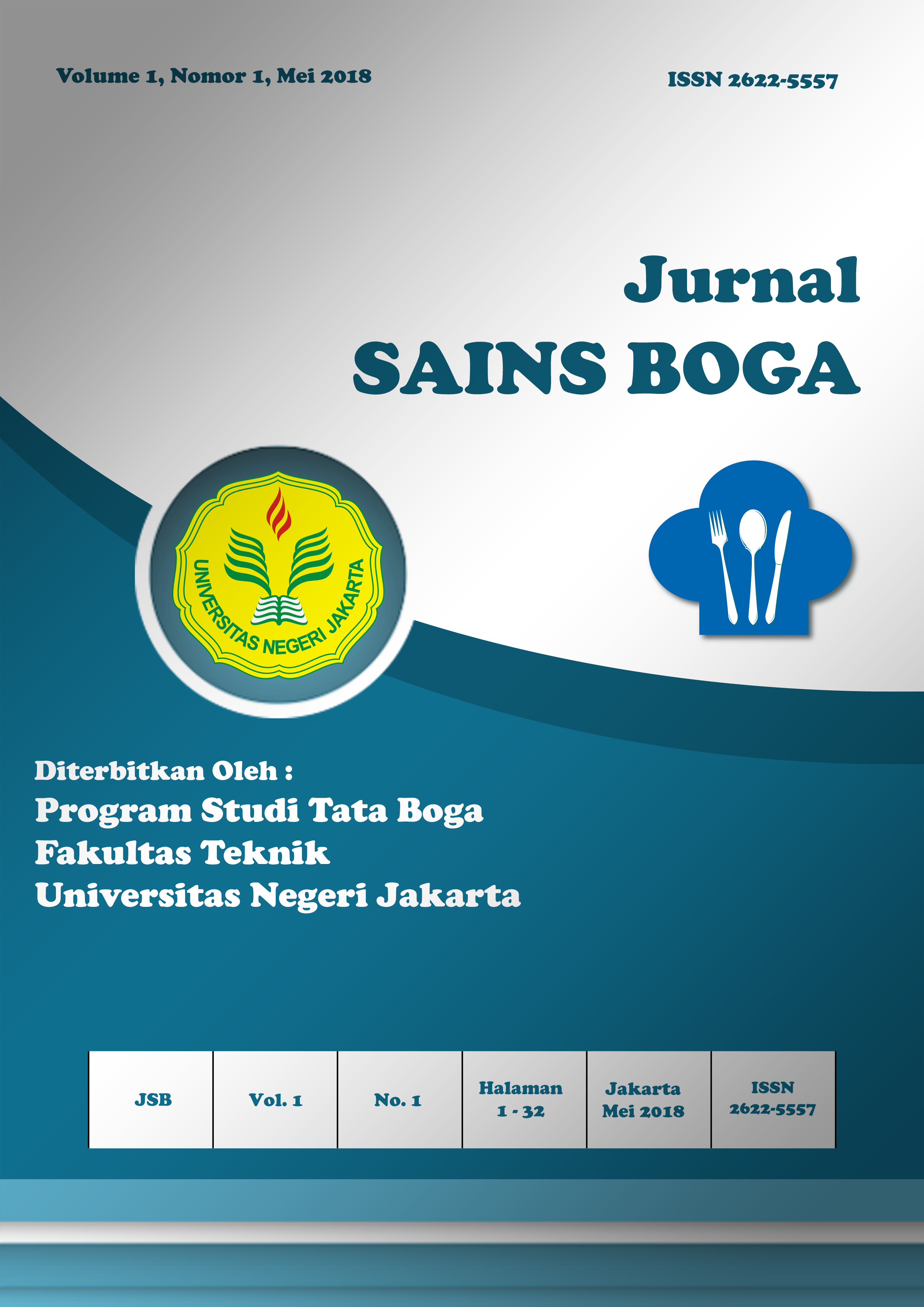Exclusion of Dietary Cholesterol from The Specific Food Restrictions: A Review in Indonesia
Abstract
Hypercholesterolemia, the presence of high levels of cholesterol in the blood, is one of the major risk factor for cardiovascular disease (CVD). One of the key recommendation in the Dietary Guidelines for Americans 2010, is to consume less than 300 mg of dietary cholesterol per day. The same amount is also adopted in Indonesia (BPOM, 2016) until today. However, in the latest Dietary Guidelines for Americans 2015-2020, dietary cholesterol is no longer included in the list of specific foods that should be limited. The added sugars, sodium, saturated fats and trans fats remain on the list of food components that should be reduced. Generally, foods that are higher in dietary cholesterol are also higher in saturated fats. But there are also some foods that are higher in cholesterol but not in saturated fats. According to the latest recommendation, this kind of foods can be consumed without any specific restriction. In this review, some of clinical studies related to the association between dietary cholesterol and blood cholesterol levels are selected. The findings from those studies will be summarized to consider whether the same recommendation should be implemented in other countries, especially in Indonesia.








